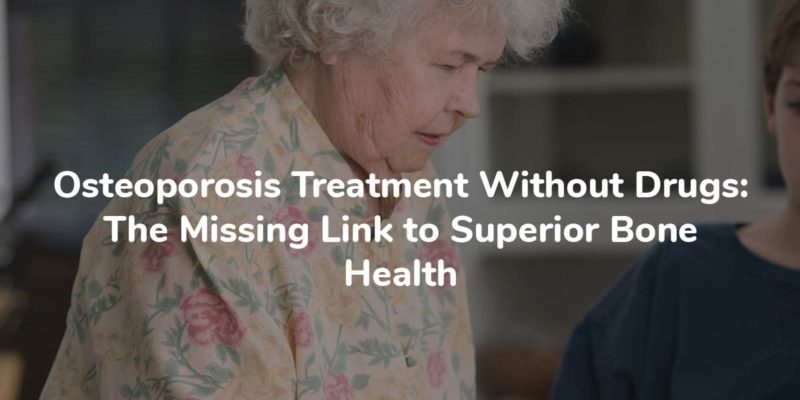Is dairy paleo? (part 2) Revising history with new perspectives on flocks of goats, femur bones and feckless nutritionism
If dairying began in the Paleolithic era, as I believe it did, then our genes have been depending on these nutrients for thousands of generations. Learn how your skeletal development can be sculpted by dairy products.






